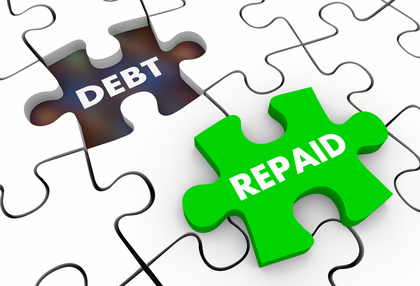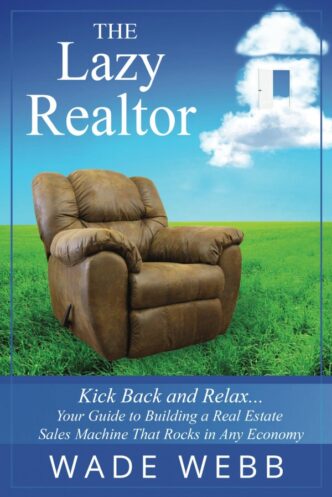
- Physical. Less than one in four Americans get enough exercise, the CDC reports. If you’re on the wrong end of that statistic, consider your bucket list: Do you want to run a marathon? What about backpacking in a national park? Think, too, about your family: Do you want to pass on healthy habits to your kids? If you don’t have kids, do you care about living a long, healthy life? Especially if it’s been years since you’ve been to a gym, opt for a personal trainer. Yes, a customized training plan costs money, but it’s also the best way to realize your fitness goals. Not only can a trainer help you get fit faster, but he or she can tailor a plan to your bucket list or family priorities you might have in mind.
- Personal. Most people who are trying to reach their potential think they have to put in extra hours at work. If you’ve been working 10-hour days, you’ve probably built up interpersonal debt. Be honest with yourself: Are you being all you can be for your friends and family? If not, it’s important to make more time for them. Start by setting up a “friends and family” calendar. Not only will doing so help you stay on top of housework like dishwashing, which can strengthen your relationship with your spouse, but it’ll also ensure you have time for bonding. When you look back, you’ll be glad you spent those weekends at campsites and amusement parks instead of conferences.
- Financial. Financial debt comes in many flavors. Focus on paying back those with the highest interest rates first, which tend to be payday or title loans. Pay medical debts last, which have less impact on your credit score than other types of debt. If you truly can’t afford to pay, consider restructuring—but beware that lowering your monthly payments likely means extending the term. What about student debt? Prioritize it above medical debt, but ask whether your employer or a government agency might be able to help. FutureFuel.io recently came on my radar as a woman-founded company that helps companies contribute to their team members’ student loan payments, which is a company benefit I see growing in popularity. Public employees like teachers can apply for loan forgiveness or cancellation through the U.S. Department of Education.
- Professional. If you’ve had a mentor—and we all have, even if it’s informal, like a friend or colleague—you know how valuable mentorship can be. You also know, however, how indebted the experience can make you feel. Serving as a mentor doesn’t just alleviate that feeling; it’s actually as helpful for the mentor as it is for the mentee.Career expert Heather Huhman explains that mentors improve their understanding of the things they teach, strengthen their own relationships and develop leadership skills. If there isn’t someone at your company you can mentor, look to your network. Can you help a former colleague learn the ropes of a new industry? Is there a local college where you can volunteer to mentor students?
- Spiritual. Of all the areas where you might accumulate debt, your spiritual life is the place where it’s toughest to spot. You may not be cut out to be a Buddhist monk, but you’re still subject to spiritual crises. Although serious spiritual debts can produce physical symptoms, such as panic attacks, most are quiet and existential in nature. Have you given back to the world the way you want to? Unfortunately, this kind of debt is also the toughest to pay back. It doesn’t have to be paid through a church; find a spiritual community you’re comfortable with. It can be as informal as a weekly meditation group or as involved as a Doctors Without Borders mission.
Even if you already have your own answers, ask your peers those big-picture questions. What does it mean to be fulfilled? What sacrifices do others make to find fulfillment, and for whom? Don’t turn down help from employers and friends, but realize that only you can take control of your debts. After all, you’re the one who racked them up; one way or another, you have to pay them back. Doing so will release you to reach your full potential, professionally and personally.
Strength and courage,
Wade



